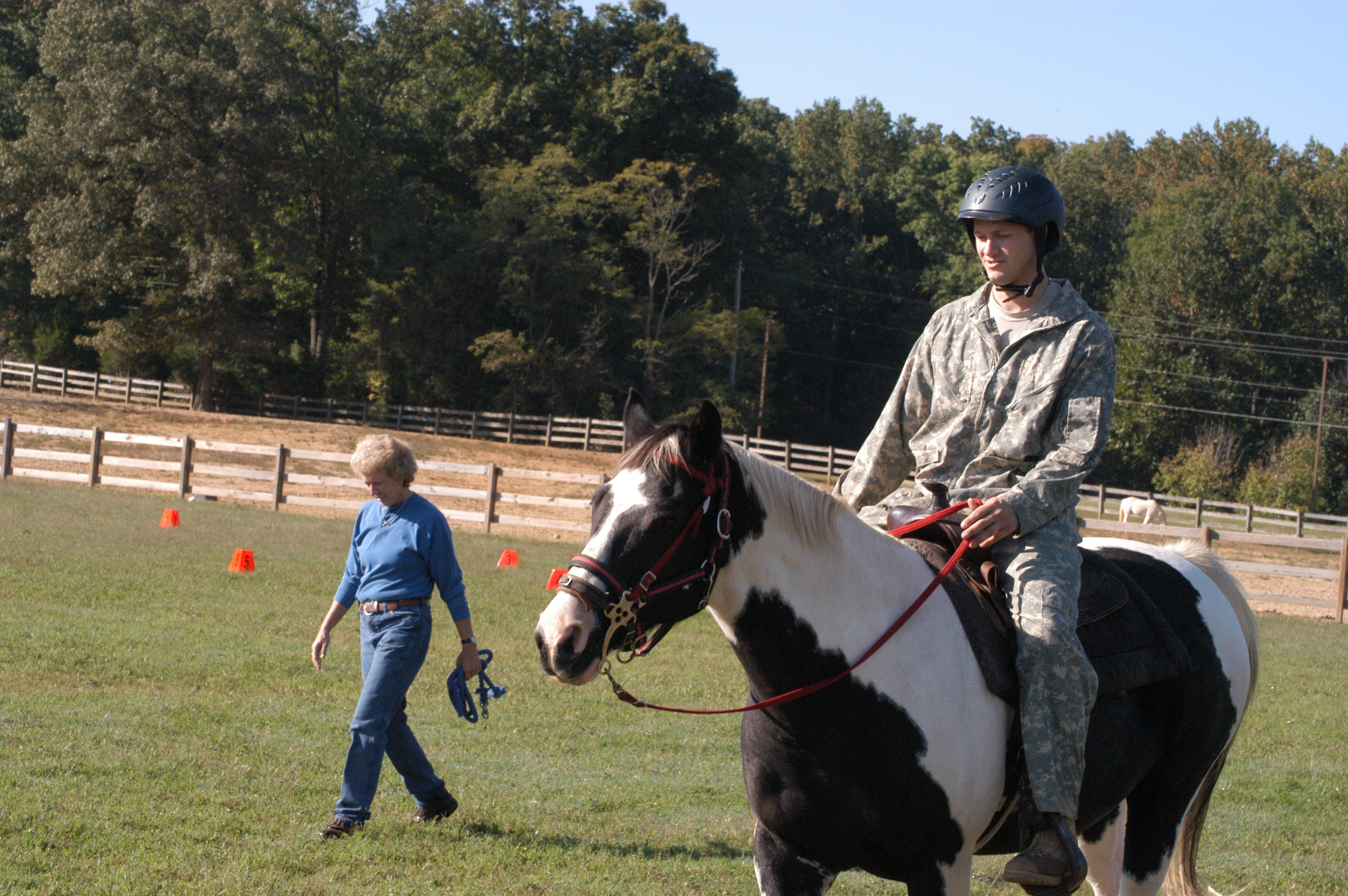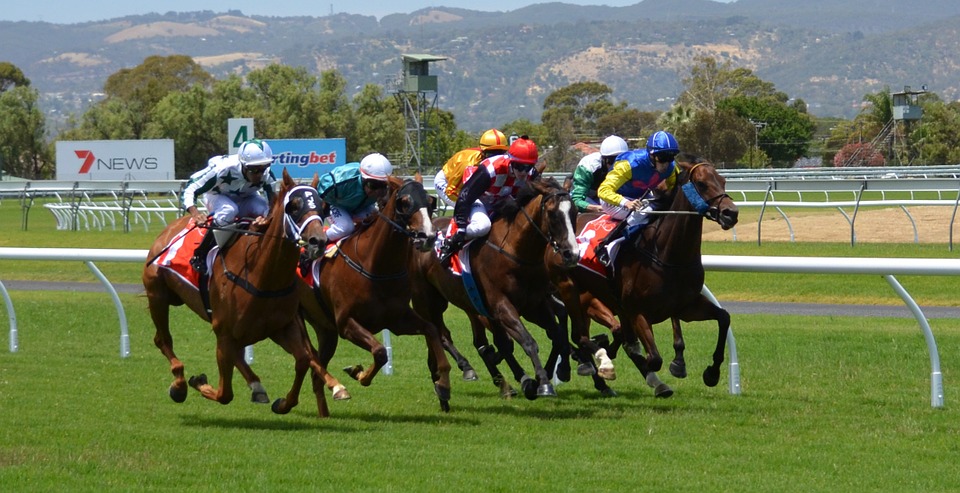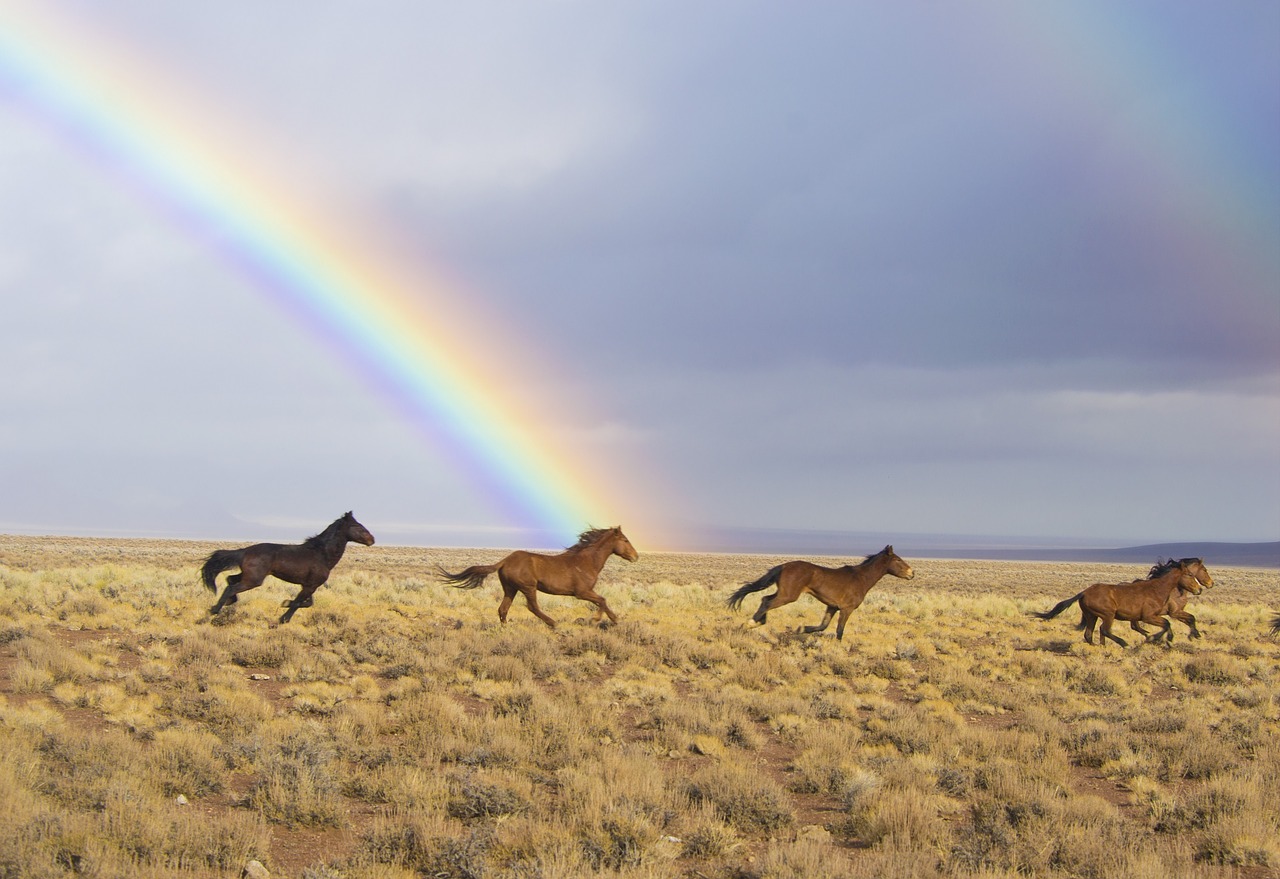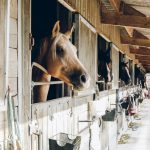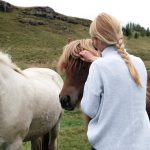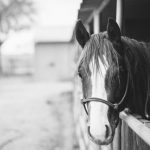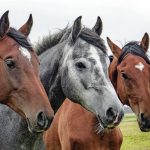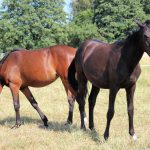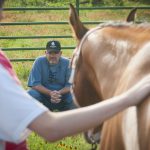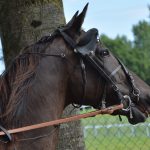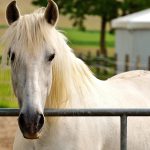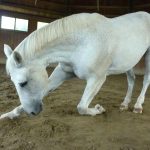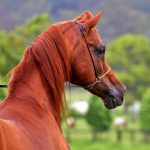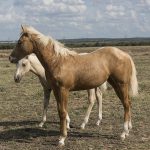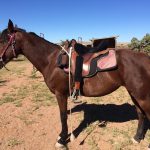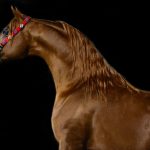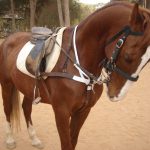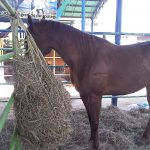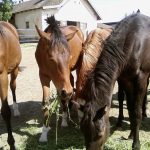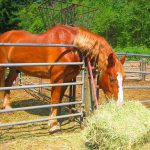Keeping a horse is a rewarding experience, but it also comes with the responsibility of providing the best possible conditions for your equine friend! Horses are social animals that require appropriate living conditions, companionship, and care to thrive. This guide will explore the best outdoor conditions to keep a horse, covering the ideal environment, surroundings, social needs, and more!
Ideal Living Space
Stabling
A horse’s living space should be clean, safe, and comfortable. If you choose to keep your horse in a stable, ensure the following:
Size: Each horse should have enough space to move freely. A standard stall should measure at least 10×10 feet for small to medium breeds, while larger breeds may require 12×12 feet or more.
Ventilation: Proper airflow is crucial to prevent respiratory issues. Ensure windows and vents are available to allow fresh air in while keeping drafts at bay.
Bedding: Use appropriate bedding, such as straw or wood shavings, to provide comfort and absorb moisture. Regular cleaning of the stall is essential to maintain hygiene.
Outdoor Space
Horses need access to outdoor spaces for exercise and mental stimulation. Consider the following:
Pasture: Provide a spacious pasture where your horse can roam, graze, and socialize. Ideally, each horse should have at least one acre of grazing land to prevent overgrazing.
Fencing: Use safe, sturdy fencing to keep your horse contained and protect them from potential hazards. Wooden, vinyl, or electric fencing can be effective options.
Shelter: In addition to stabling, ensure your horse has access to a run-in shed or natural shelter, like trees, to protect them from harsh weather conditions.
Surroundings and Environment
Cleanliness
Maintaining a clean environment is vital for your horse’s health. Regularly pick up manure from the pasture and stable to prevent the buildup of parasites and bacteria. Keep water troughs clean and ensure your horse has access to fresh, clean water at all times.
Safety
Remove any potential hazards from your horse’s environment. This includes toxic plants, sharp objects, and unstable structures. Regularly inspect the fencing and stable for any issues that could pose a risk to your horse’s safety.
Social Needs
Companionship
Horses are inherently social animals and thrive in the company of other horses or animals. Ideally, keep your horse with at least one other equine companion. This social interaction reduces stress, anxiety, and loneliness, making your horse happier and healthier.
Compatibility: When introducing new horses, ensure they are compatible in terms of temperament and social dynamics. Gradual introductions can help ease the transition and reduce potential conflicts.
Human Interaction
In addition to equine companions, horses benefit from regular interaction with humans. Spend time grooming, exercising, and training your horse to strengthen your bond and ensure they remain well-adjusted.
Nutrition and Care
Diet
A balanced diet is crucial for your horse’s overall health. Provide high-quality hay, pasture, and grains as needed, along with access to mineral supplements. Consult a veterinarian or equine nutritionist to develop a feeding plan tailored to your horse’s specific needs.
Regular Veterinary Care
Routine veterinary care, including vaccinations, dental check-ups, and hoof care, is essential for your horse’s well-being. Establish a regular schedule with your veterinarian to keep your horse healthy and address any potential issues promptly.
Creating the best conditions for your horse involves careful consideration of their living space, social needs, and overall care. By providing a safe, clean environment, ensuring social interactions with other horses, and maintaining a balanced diet and routine veterinary care, you can help your horse thrive both physically and mentally. Ultimately, a happy horse is a healthy horse, and your commitment to their well-being will pay off in the joy they bring to your life.


